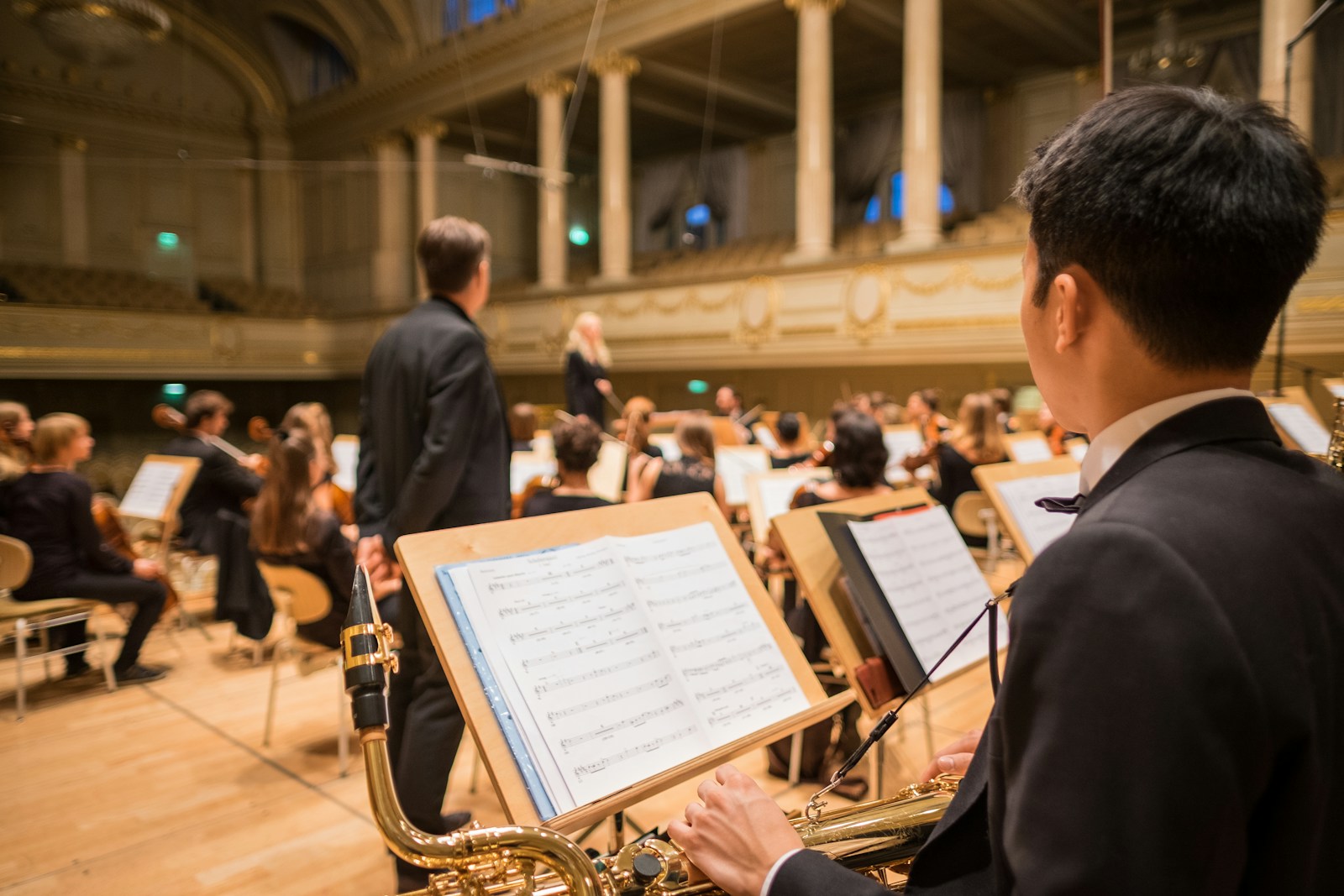Intellectual property (IP) holds immense importance in today’s world. With the rapid advancements in technology and the prevalence of the internet, the ease of unauthorized copying and distribution has escalated, raising serious concerns for creators and businesses. Their intellectual property serves as a vital source of income and prosperity. It is crucial for them to safeguard their creations from infringement and protect their rights.
In the world of diverse media forms, including music, movies, books, and software, safeguarding intellectual property rights becomes crucial to ensure fair compensation for creators. Understanding the importance of intellectual property rights and taking necessary measures to protect them is essential in the rapidly evolving digital content landscape. This article provides valuable information for writers and copyright holders on how to safeguard melodies.
The effect of illegal downloading of music
The development and introduction of streaming technologies described earlier, though beneficial, also, unfortunately, lead to the wrongful exploitation of copyright and unauthorized use of copyrighted music. Infringers continue to devise more sophisticated methods of reproducing, redistributing, and retransmitting content protected by copyright, making it increasingly challenging to address such unauthorized use.
The Copyright Act (referred to as the “Act”) states that any unauthorized use of a literary, artistic, or musical work constitutes an act of infringement[5]. Infringements occur when copyrighted works are reproduced, distributed, or publicly displayed without explicit authorization from the copyright owner[6]. Illegal uploading or downloading of content happens when individuals gain access to copyrighted files shared on platforms without the copyright owner’s permission. This act is deemed unacceptable and can result in legal consequences.
The unauthorized use of copyright significantly impacts the ability of rights owners to effectively maximize and monetize their ownership rights. This leakage poses a particularly significant challenge for Nigerian artists, who, unlike artists in other jurisdictions, heavily rely on alternative sources of income such as corporate sponsorship contracts, paid performances, concerts, and other forms of paid personal appearances, as well as ringtone sales. Streaming revenues and other forms of intellectual property exploitation make up a substantial portion of earnings for artists in many other regions.
The Nigerian Copyright Commission (NCC) has been given the authority to oversee, regulate, and safeguard the activities of copyright holders, aiming to protect their rights. The NCC has implemented various initiatives, including The Strategic Plan Against Piracy (STRAP) and the Copyright Litigation and Mediation Program (CLAMP), to combat copyright infringement. STRAP, a significant anti-piracy endeavor, focuses on three key areas: public awareness and education, enforcement, and rights administration. However, even with the robust enforcement measures in place, the absence of efficient adjudication structures hinders prompt resolution of infringement cases.
How to protect yourself from music piracy?
In the digital age, safeguarding intellectual property has become increasingly challenging. With the advent of the internet, individuals can effortlessly gain access to and reproduce creative works on online streaming platforms without authorization. Even people from other countries can listen to music with a VPN. There’s nothing wrong with allowing users to access your artwork through VeePN, but it has to be official. There exist various methods to protect one’s intellectual property online.
Licensing
A recommended approach to safeguard intellectual property involves music licensing through relevant government agencies, such as the United States Patent and Trademark Office (USPTO) or the United States Copyright Office. These agencies offer registration services for patents, trademarks, and copyrights, which ensures comprehensive protection.
Registering additional intellectual property provides individuals with legal protections and facilitates the enforcement of their rights in case of infringement. It also enhances uniqueness and establishes a robust framework from a third-person perspective.
DRM
One can enhance the protection of intellectual property by implementing digital rights management (DRM) technology. With DRM, unauthorized copying, sharing, and distribution of digital content such as music, movies, and software can be effectively prevented, ensuring the security and integrity of these valuable creations.
Tracking violations
One can safeguard their intellectual property by monitoring the internet for any instances of infringement. Numerous tools exist to assist in this endeavor, such as Google Alerts, which sends notifications regarding any online mentions of intellectual property.
Expand your music distribution channels
The problem is that many listeners simply cannot access your playbacks if they are in other countries. With VeePN, you can change your IP address and add music to various international and local venues. This is one of the ways to fight piracy, which will also help increase the sale of digital copies of music.
Conclusion
Intellectual property serves as a vital source of income and prosperity for creators, entrepreneurs, and businesses. To ensure the safeguarding of their intellectual assets, individuals should capitalize on legal protection methods like licensing and DRM technology. By tracking violations and expanding distribution channels, one can effectively shield against potential infringements. As benefits outweigh associated costs, it is crucial for individuals to prioritize the protection of their intellectual property.


